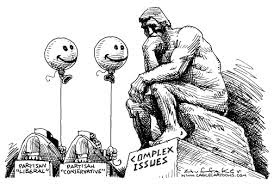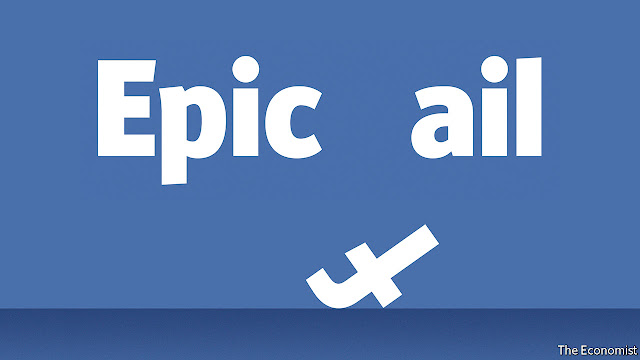The question of authenticity

I was speaking to someone about behaving well when she turned around and said, "so you are asking me to fake it?" Only then, it dawned on me that there could be a potential conflict between authenticity and decency. Being ourselves - we have been told - is the goal of life. What this means is less clear, but it's more or less doing what we like, saying what we like and having what we like. This is the modern dream - life, liberty and pursuit of happiness, on our own terms. But what about the others? Can one have life without others? Certainly not without one's parents, at the least, and a lot of other people along the way. No liberty either, without the whole edifice of society and the laws - otherwise the life would be nasty, brutish and short. And, happiness - which includes, at least for most people, other people as well. Therefore, how is it that being oneself - rather than being one with the world around us - became our dream? I am with Simone Weil when she say...






